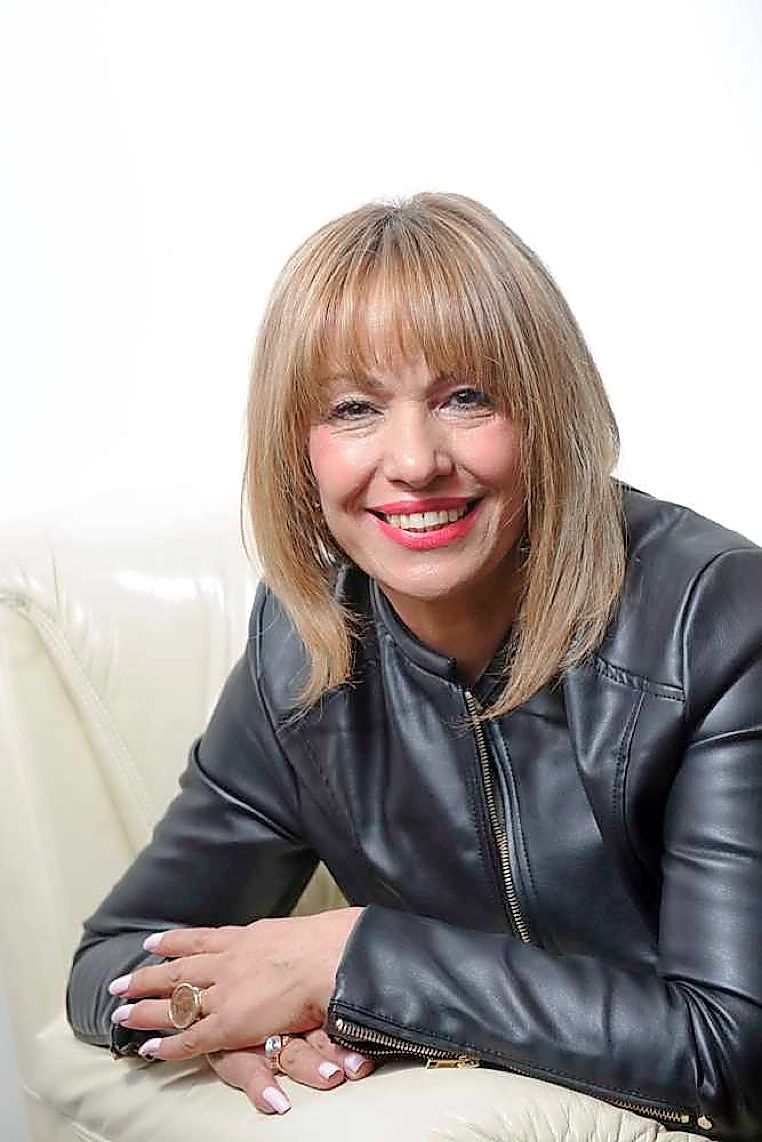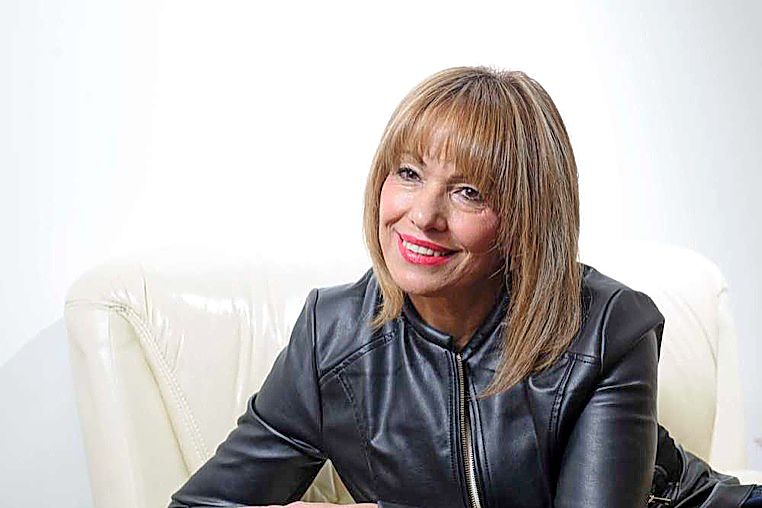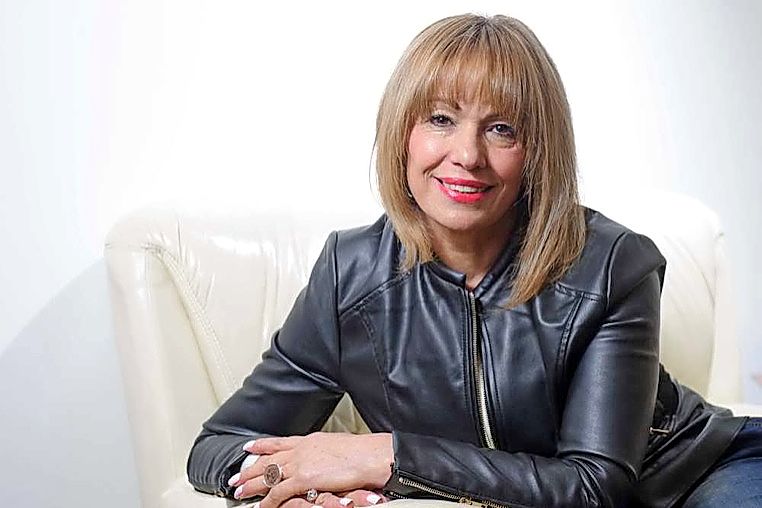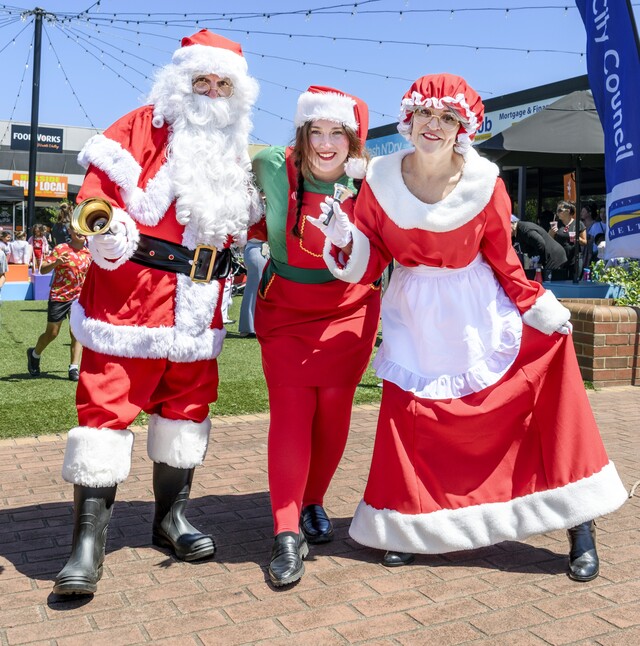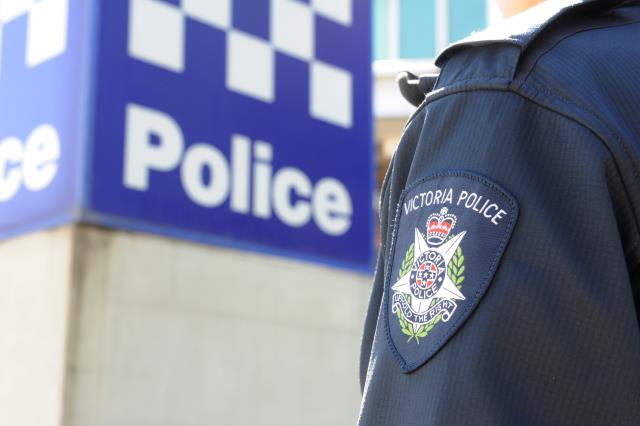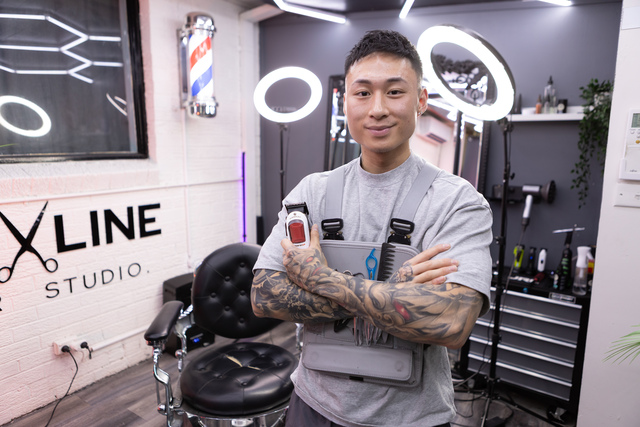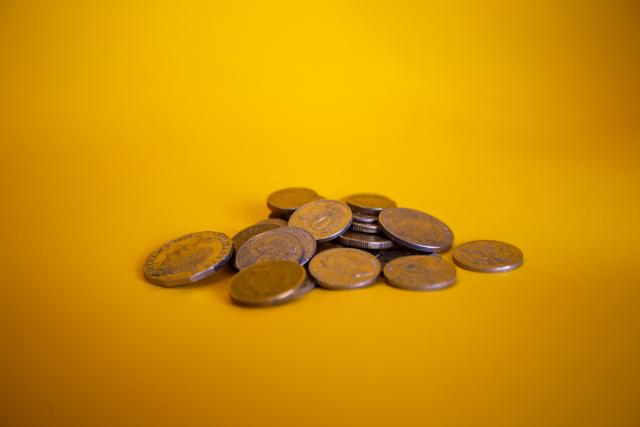Madonna Awad fled the Lebanese civil war as a 19-year-old.
Alone and in a new country, she formed a strong bond with a work colleague, who helped her understand the Australian way of life.
Now married with children, Ms Awad shares her story with Alexandra Laskie.
You arrived in Australia without your family. It was a new colleague, Dorothy, who helped you overcome many cultural boundaries. What lessons did you learn from her?
Through Dorothy I learnt the importance of volunteering. She gave me her time, and she cared about me and welcomed me in the community. So 38 years ago, I became a volunteer myself, and I see Dorothy’s face every time I help others. That’s my tribute to her, my way of saying thank you, Dorothy. By donating one hour a week or fortnight, you can make someone smile, change someone’s life, you can make them feel like they matter. There are a lot of people like me who are struggling to adapt to a new country, and leaving their family and friends behind can be really scary and even heartbreaking.
Can you give us an example of how Dorothy helped you?
Soon after we met, the war in Lebanon became extreme and they were bombing my city very heavily … I couldn’t get in touch with my family. I wasn’t sure if they were still alive, so Dorothy used to skip her lunch break and bring change to come with me to the pay phone and help me ring my parents. I used to cry on her shoulder and she cried with me, she felt my pain like I was her child.
I was terrified of everything – a new country, a new culture, a new language, new people. So Dorothy volunteered her time to come with me every morning and walk me to the bus stop, then took the bus with me to work.
You first moved into Carlton with your sister, before living in Tullamarine, then Ballan and now Taylors Lakes. What has been your favourite place to live? And why?
My favourite place is Taylors Lakes because it’s close to everything; shops are around the corner, there are nice places to dine without travelling very far; it’s 29 minutes to the city and it’s not crowded … it’s a nice and quiet area to live in.
And I love Ballan, it reminds me of my home town. The people are very friendly and helpful, and they appreciated me for my work. They were happy for me to represent them at the council [Madonna was asked to stand for Melton council, but declined]. Ballan will always have a special place in my heart.
You have dedicated much of your life to volunteering. Why does helping other people make you so happy?
It’s a very rewarding job. Every time I put a smile on someone’s face, I feel I am over the moon touching the sky; it’s very hard to express the joy I receive when I give back to my community. You simply have to experience it.
Language is not a barrier to help somebody, your presence and body language says it all.
What’s your connection to Taylors Lakes? When did you move into the area and what attracted you to it?
My connection to Taylors Lakes is that it allows me to be close to my family and friends, who mostly live in and around the suburb. Also my daughter accepted an offer to study food science and nutrition at RMIT in the city, so we had to move closer to reduce the daily commute. I have been in Taylors Lakes for 11 years now, and we are very happy living in the area.
When you have visitors, where do you take them to show off your neighbourhood?
I take them to Watergardens shops and Cairnlea’s lakes. We have beautiful parks around us I can take my visitors to as well. Taylors Lakes is such a beautiful place to live in.
How could the western suburbs be improved?
I would like to reach out to more people and educate those who would otherwise be isolated and more likely to become depressed and remain in abusive relationships, and to help people who are new to the country integrate more easily, and to unite people … before they turn to unhealthy or anti-social behaviours to cope. We also need to broaden the diversity of volunteers to cater to culturally and linguistically diverse people. For example, if someone arrives from Lebanon who can’t speak much English, we could pair them up with someone who speaks Arabic and introduce them slowly to their new country.

